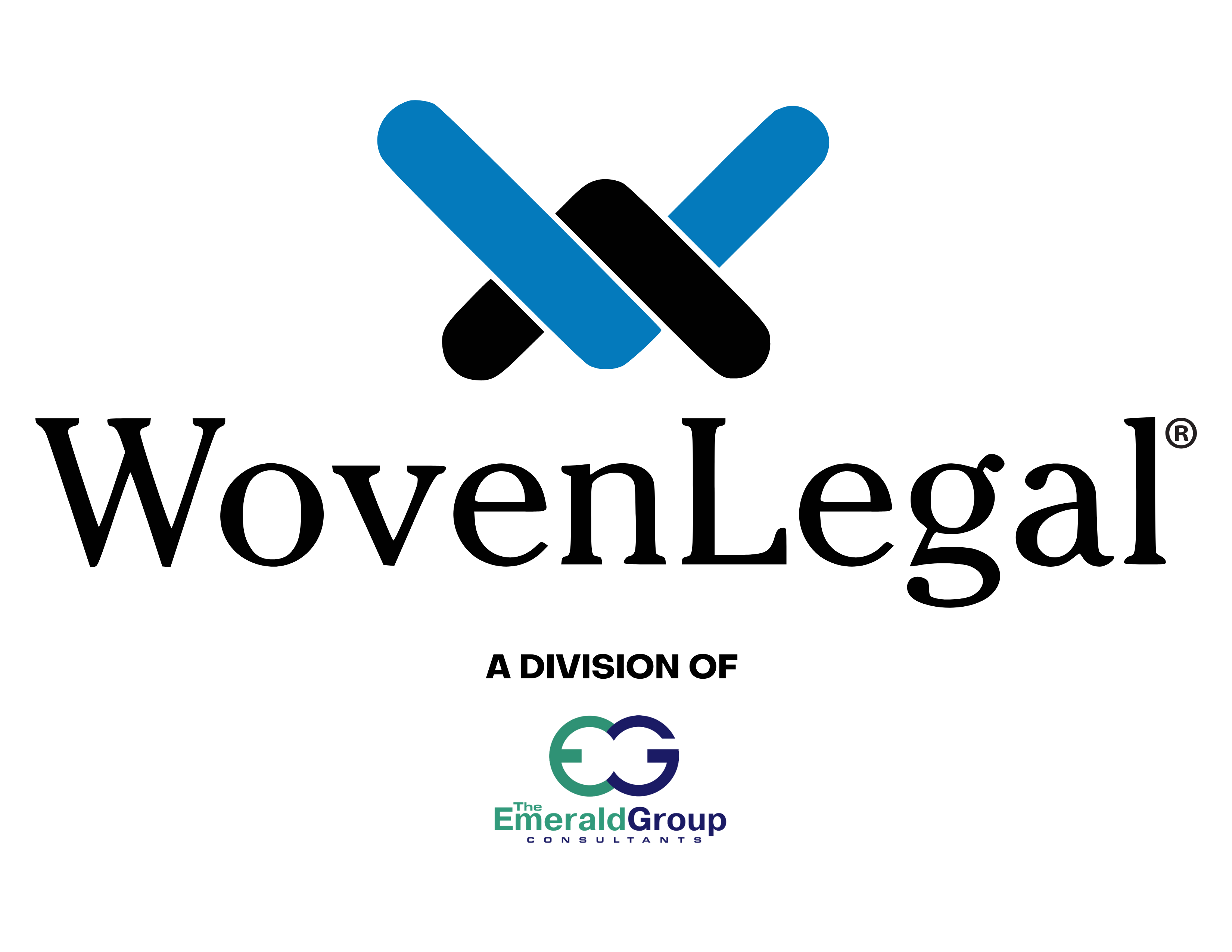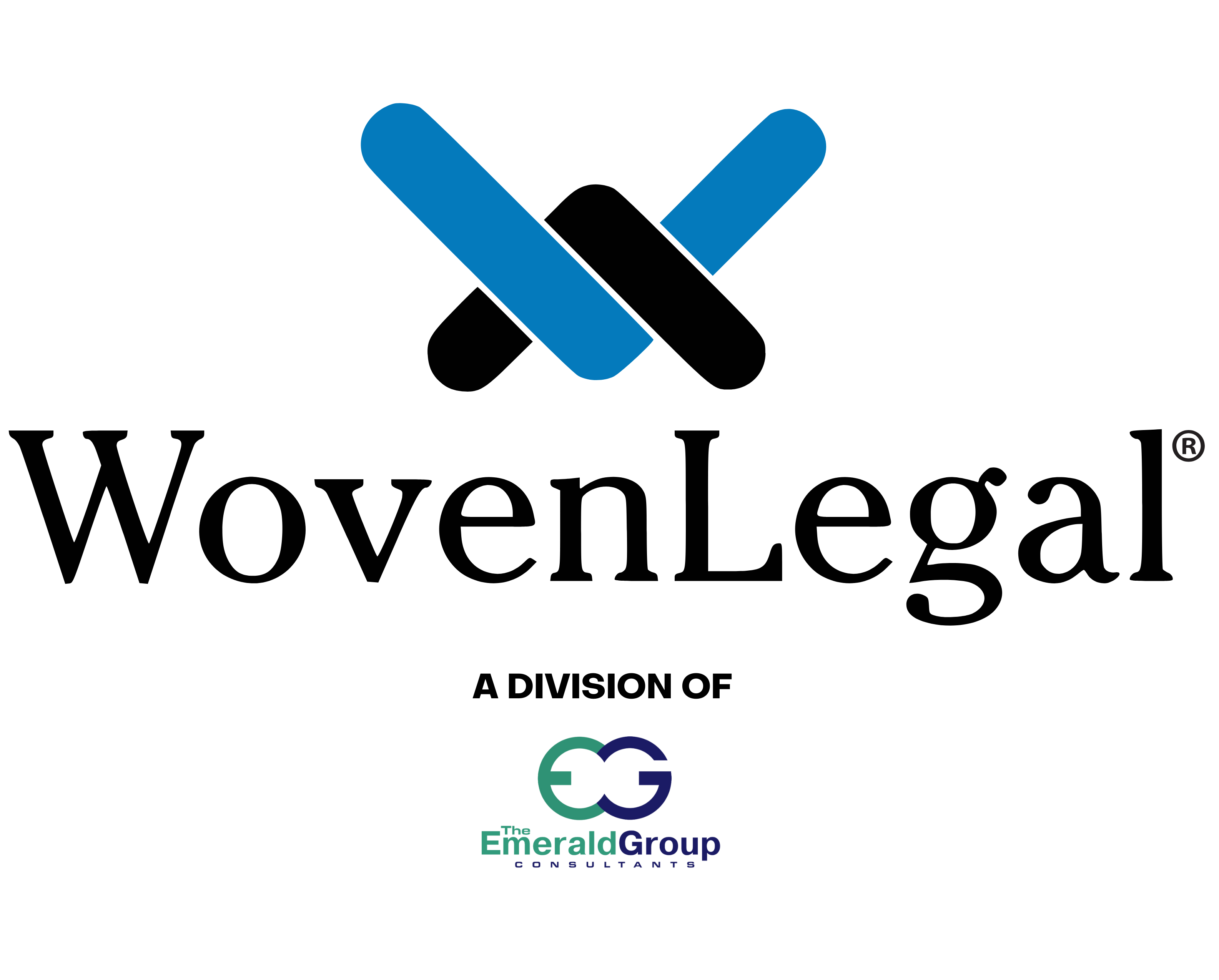A friend’s law firm recently hired a VA and tasked her to handle their marketing. After all, they weren’t doing anything complicated, just posting on social media and keeping their website up-to-date. Virtual assistants do this sort of work all the time. About two months into her tenure, when the business hadn’t increased as hoped, she and I got on the phone and had a very detailed conversation about marketing in general, marketing for lawyers, and what really made sense for the firm she worked for.
Marketing for Lawyers
A broad practice with tons of specialists is hard to encapsulate in a short article. You should have your marketing cap on when you think of your firm’s name, create the logo, design the letterhead, and talk about the type of law your practice. Every law firm should have at least a basic website with contact information and short attorney biographies and many law firms will need much more. While not required, social media is becoming a big part of the verification process people use when choosing professionals and a presence on one or more networks is wise.
Firms with a steady client-base may stop with basic professional branding while others who are looking for more clients may continue further into marketing by looking into event sponsorships, media advertising, public relations, and more all aimed at growing brand awareness and trust. Larger firms have in-house marketing professionals or hire agencies with broad skills to design and implement comprehensive marketing strategies. Businesses specialize in helping lawyers maximize their search engine results by writing blogs and creating videos specific to their practice.
Legal Ethics and Training Marketing Professionals
For lawyers, and the professionals who are representing their practices, legal ethics should be foremost in their minds. What a lawyer can and can’t say varies from state to state, but in all cases lawyers are held to a higher standard when marketing than many other businesses. It’s important for those who design your marketing plan and those who implement it to understand the ethical rules and the specific preferences of the people they’re representing.
Most states, for example, either prohibit attorneys from making claims about outcomes or require them to caveat any outcome statement by saying that these results are not typical and are dependent on the specific fact pattern of the case. This becomes complicated when handling social media accounts and online review systems as someone needs to monitor those accounts and respond with caveat language to reviews that otherwise break these rules.
A real estate law firm I worked with, new to social media, struggled when the real estate agents started posting photos of them and their clients in the law firm during house closings and tagged the law firm’s Facebook page. Great marketing for the lawyer and real estate agent, but a clear violation of ethics.
Now that the attorneys and paralegals in the firm are aware of what is happening, they know to stop the real estate agent if they start taking pictures. If the client agrees to the post, which they often do, the firm now has a quick form they can sign granting permission for their photo to be posted online and the real estate agent and law firm tagged. In a day of signing a tall pile of closing documents, it’s just another signature but the pause gives the clients a chance to gracefully tell the real estate agent if they don’t want the news of their new home broadcast.
The Purpose of a Marketing Plan
Your goal with marketing is to build a brand that is reflective of the work you do and that resonates with the people you wish to represent. A law firm that practices family law may want an approachable, relaxed brand while one that targets large corporations may want to come across as highly professional and experienced. Or the family law firm may want to be seen as the experienced, well-connected option while the corporate firm wants to wear jeans and relate to technology company clients.
Going back to the virtual assistant I helped, the first thing we did on the phone was talk through some of the basic questions a marketing plan would answer. What type of work does the firm do? What type of work would they like to grow? Who is the idea client? What does that client’s decision-making process look like? How can we target those people specifically and creatively? Once you’ve done some thinking and drilling into what you really want to target, often good marketing strategies present themselves.
The firm already had some branding, but once we knew who the ideal client-base was, we had a good idea of how to target them. We could then plan what kind of content the VA needed to create and sharing on social media. Because these clients were likely recurring business, we planned to do a low-key email campaign to keep the firm’s name top-of-mind. To bring in new business, we came up with creative ways to get the firms name in front of potential clients right when they were thinking about making certain key life changes. This included a mix of local-area blog advertising, event sponsorships, and most gratifying, sponsoring a little league team.
Even more importantly, we tied the VA’s efforts to specific metrics and a good client intake process so we could gauge which marketing channels were leading to the most inquiries and retainer agreements, but that’s an article for another time.




Comments are closed